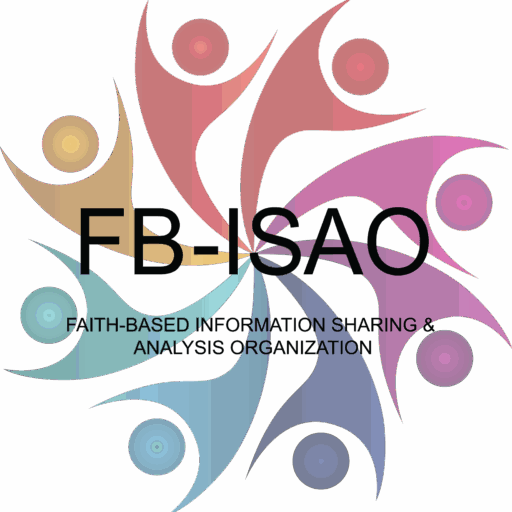November 2020: FB-ISAO Physical Threat Level Remains SEVERE; Cyber Threat Level Remains GUARDED
This message is TLP:WHITE. Subject to standard copyright rules, TLP:WHITE information may be distributed without restriction. The ongoing COVID-19 global pandemic is a complex...
